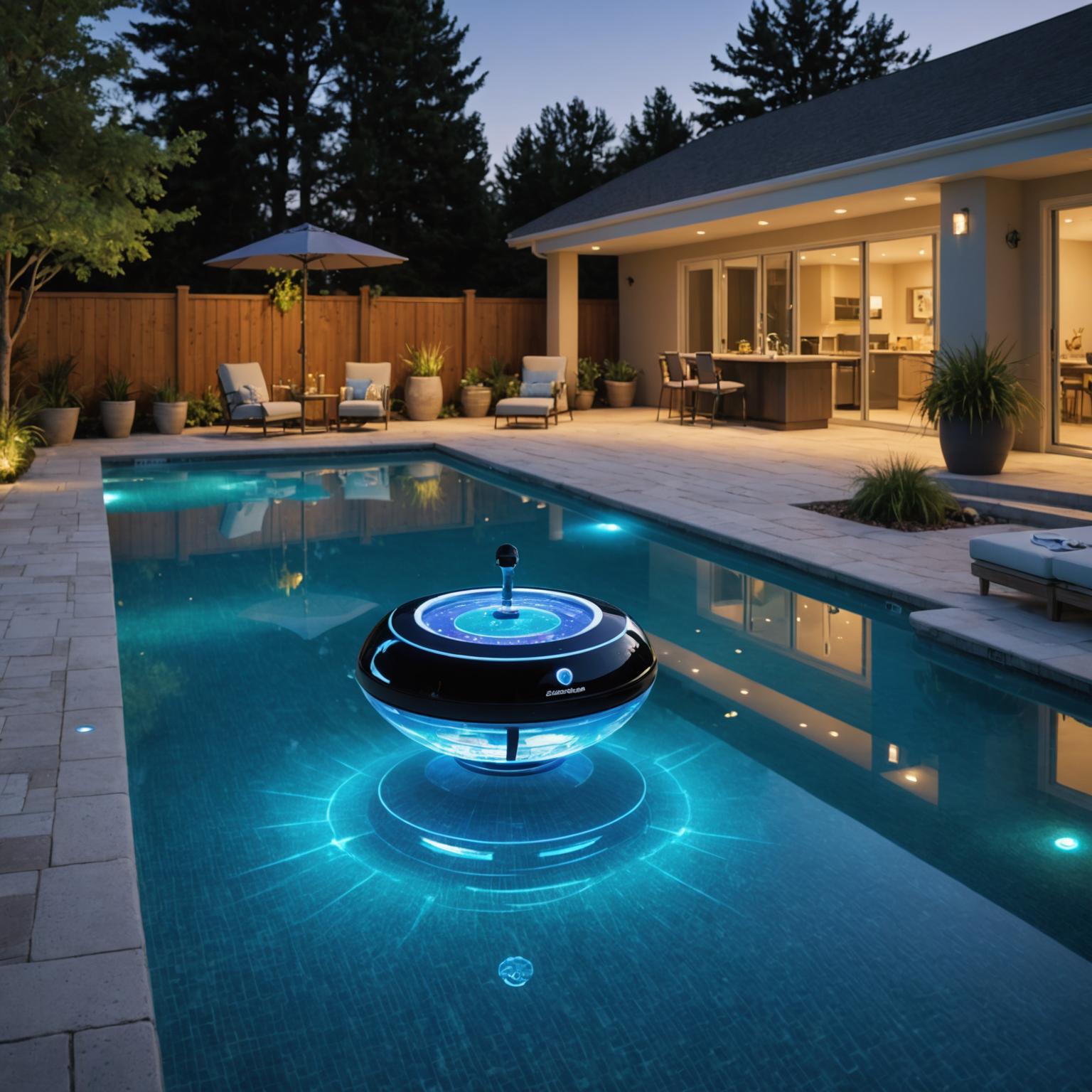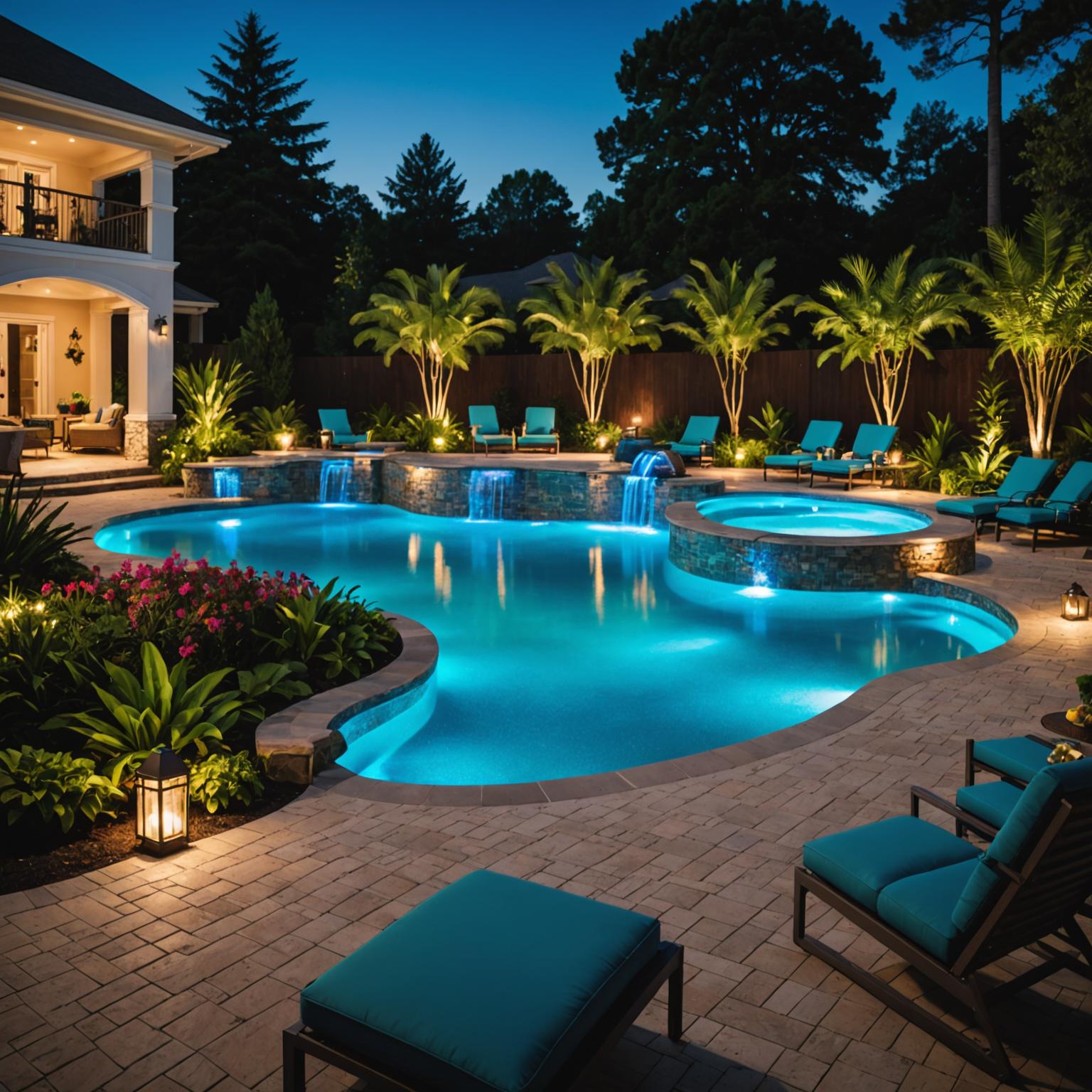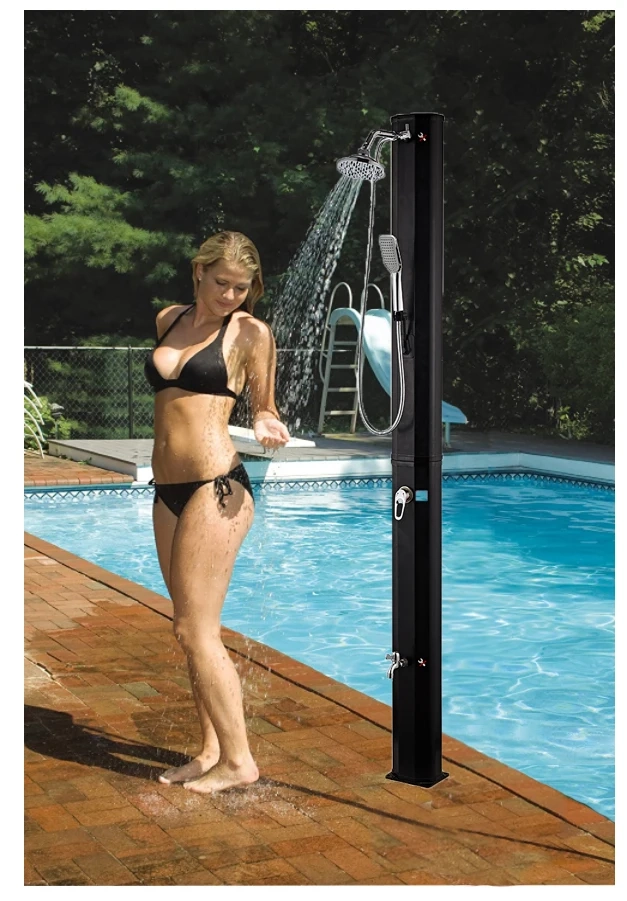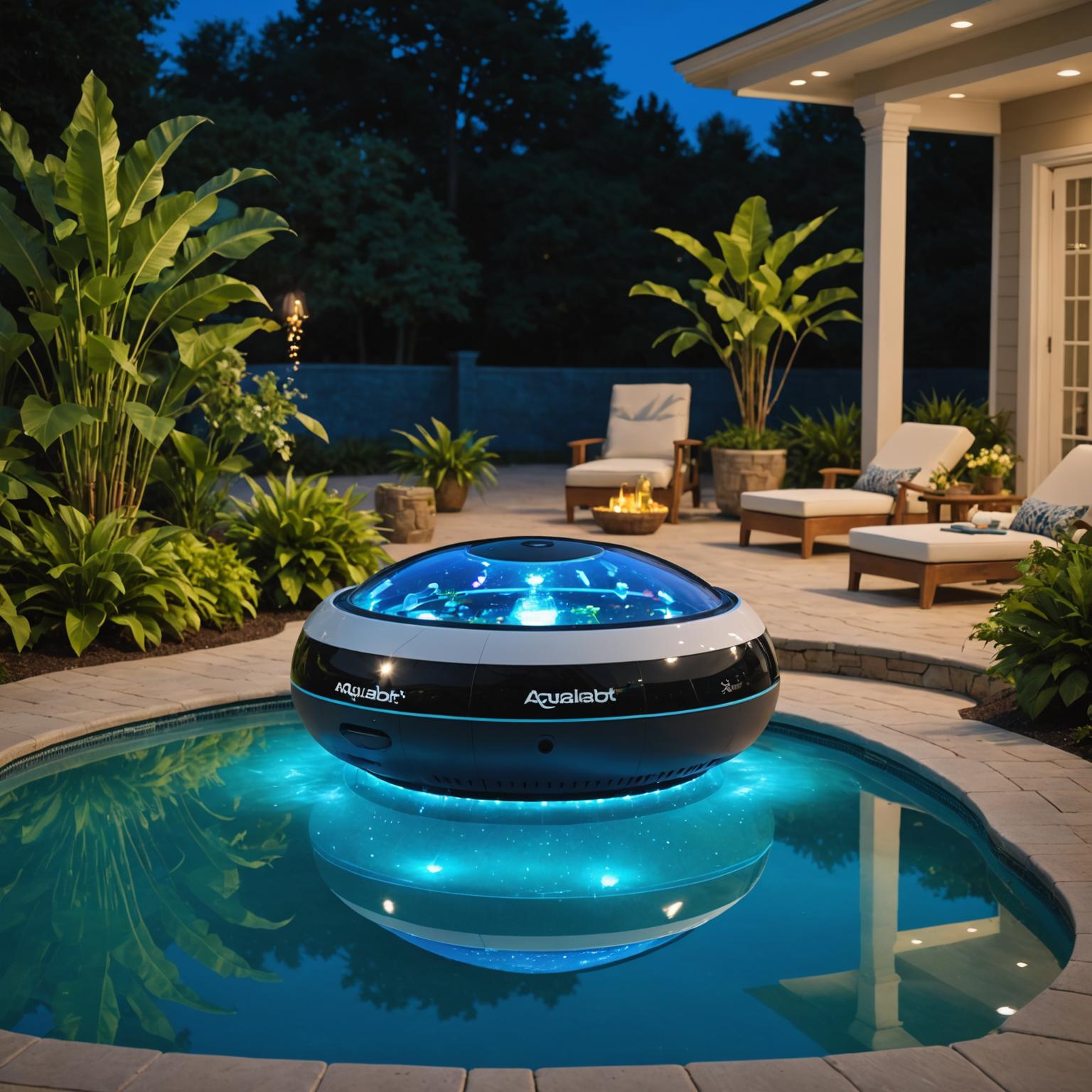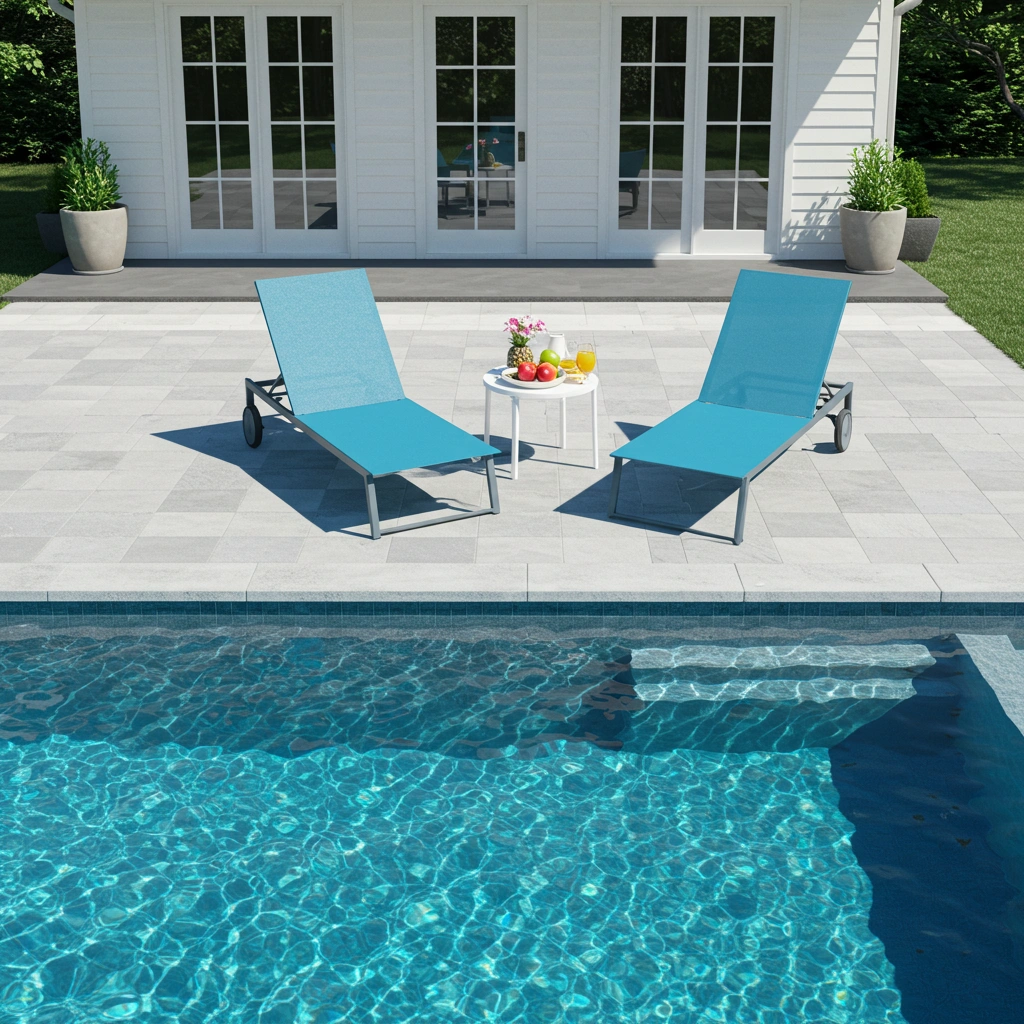
Pool filtration system: Keep the pool clean and fresh
Pool maintenance is a key part of owning a swimming pool. The pool filtration system is one of the most important components to ensure the clean and safe water quality of the pool. Whether you have a large commercial pool or a small backyard pool, the quality of the pool filtration system is essential to keeping the water clean, clear and safe.
In this article, we will dive into the different types of pool filters, their respective advantages, and which system is best for your pool. We will also dive into the key factors that affect pool filter efficiency and how to keep your pool water clear year-round with regular maintenance.
Why pool filters matter
The pool filtration system is the first line of defense for the pool to resist debris, bacteria and algae. Without it, you may experience poor water quality, turbid water quality and even pool pollution. The working principle of pool filters is that when the water flows through the filter medium, unwanted particles are captured. They not only remove visible debris such as leaves and dirt, but also remove tiny pollutants that may cause harm to swimmers or affect water quality.
In addition, regular pool filtration helps reduce chemical use. If your pool is properly filtered, the water quality will remain high, which means you don’t need to over-add chemicals. This saves money and effort.
Types of pool filtration system
There are three main types of swimming pool filtration systems: sand filter, cartridge filter and diatomaceous earth (DE) filter. Each filter element has different filter effects, so it is crucial to understand their pros and cons.
1. Sand filter
Sand filters are the most widely used type of pool filter due to their affordable price and low maintenance costs. Sand filters use sand as filter media to capture larger particles such as leaves, branches and dirt.
-
How it works: Water in the swimming pool is pumped into the filter, and the sand will absorb impurities. When the sand is saturated, the filter needs to be backflushed, that is, reverse the water flow direction and rinse away the retained particles.
-
advantage: Affordable price, low maintenance cost, long service life and simple operation.
-
shortcoming: The effect of removing fine particles is poor, which means they may not provide the same clarity as other filters.
For swimming pools with medium amounts of debris, sand filters are a reliable and cost-effective solution.
2. Filter element
The cylinder filter is made of pleated fabric and captures debris more efficiently than the sand filter. They are often more popular for their higher filtration efficiency, as they capture smaller particles.
-
How it works: The pool water is pushed into the filter element, and the wrinkled fabric will absorb impurities. After the filter element is dirty, it needs to be cleaned or replaced according to the use and pool conditions.
-
advantage: High filtration efficiency, easy maintenance, no backwashing required.
-
shortcoming: The cartridge needs to be cleaned or replaced regularly and is more expensive.
Filter filters are a good choice for pool owners who want higher levels of filtration and moderate maintenance costs.
3. Celite (DE) filter
DE filters provide the highest level of filtering effects. They use diatomaceous earth, a fine powder made from fossils of algae, to filter out even the tiniest particles in the water. DE filters provide the highest level of filtration, making pool water clear.
-
How it works: Water flows through a mesh coated with DE powder that captures tiny particles. The DE filter needs to be backflushed regularly, and new DE powder needs to be added after each cleaning.
-
advantage: Good at capturing fine particles, clear water quality, it is very suitable for swimming pools with high filtration needs.
-
shortcoming: Expensive and requires regular maintenance and addition of fresh DE powder.
DE filters are best suited for high-end residential, commercial or pools that require the highest standards of water quality.
Key factors affecting the performance of pool filters
1. Pool size
The size of the pool is one of the most important factors when choosing a pool filter. Larger pools require a stronger filtration system to handle larger water volumes. For smaller pools, sand filters or cartridge filters may be sufficient, while larger pools may benefit from the superior filtration performance of DE filters.
2. Debris load
If your pool is surrounded by trees, or if debris often gets into the water, you need a filtration system that can handle a lot of dirt and leaves. In this case, cylinder filters and DE filters are the best choices as they capture smaller particles.
3. Water chemistry
Pools with higher pH or harder water may clog the filter faster. DE filters are very effective in this case because they remove particles that other filters may miss. However, regular maintenance is key to keeping the filter running efficiently.
4. Budget
Sand filter is the most affordable option and is a good choice for budget-oriented pool owners. The filtration effect of cylinder filters is better and is usually more expensive; while DE filters have the highest initial cost, but the best long-term use effect.
Why choose Bonny's pool filtration system
existBonny, we know the importance of having a high-quality pool filtration system. Therefore, we offer a range of pool filtration solutions, from affordable sand filters to high-performance DE filters. Our filters are designed to be durable, efficient and convenient, ensuring that your pool water remains clean and clear year-round.
Whether you are looking for affordable solutions or the highest level of filtering,BonnyAll provide you with the perfect pool filter.
Keep your pool clean and clear with Bonny
A clean swimming pool is not only about beauty, but also about safety and health. Choosing the right pool filtration system ensures that the pool is in the best condition and reduces maintenance and chemical treatment.BonnyA pool filtration system is provided to meet the needs of various pool types and pool owners.
Please visit ourHome pageFor more information about our pool filter options, or contact usContact Us PageWe are here to get personalized suggestions.


